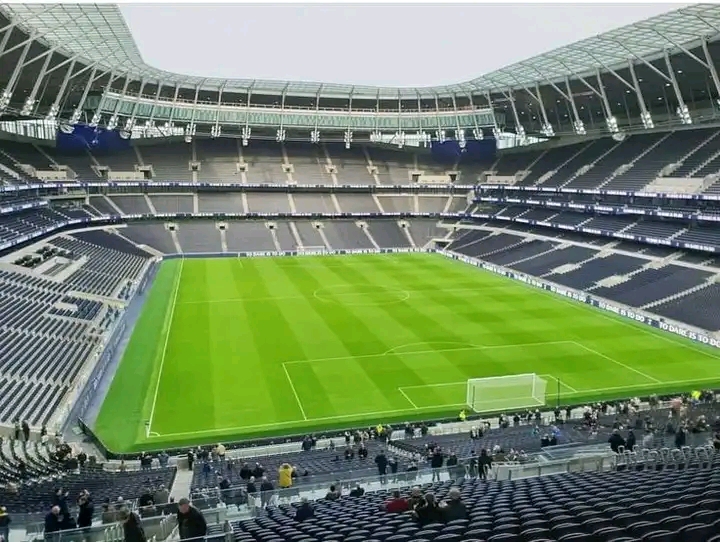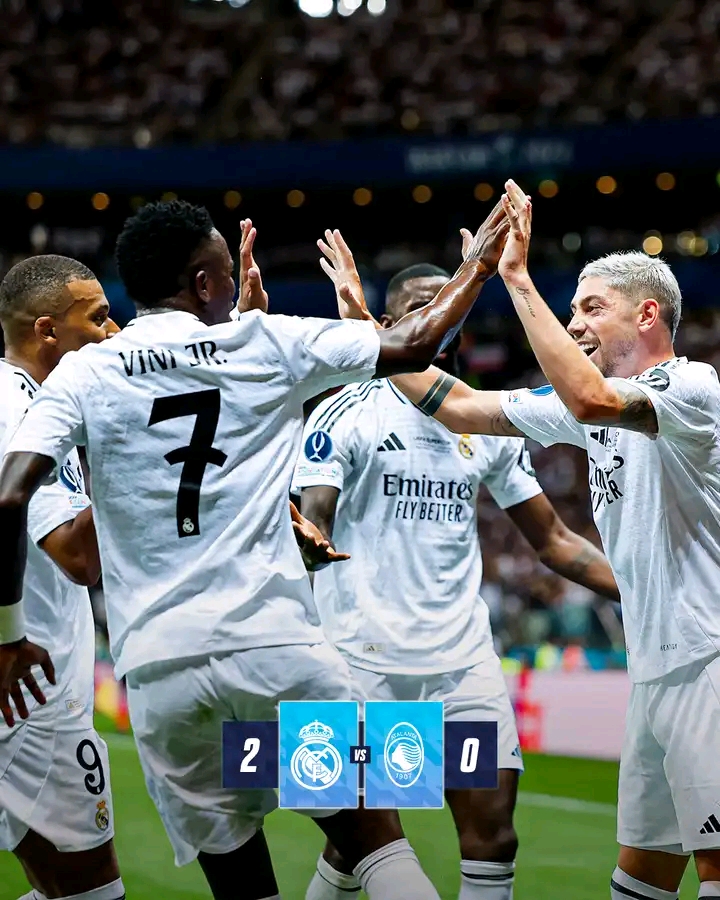Football is always evolving and Europe’s most prestigious competition, the Champions League, is no different.
From this season, a new format will be in play after Uefa approved the changes in May 2022.
It is the first time since 1992 that Europe’s elite competition has seen such a revamp.
Uefa president Aleksander Ceferin said qualification will be “based on sporting merit”.
The Champions League group stage is currently set up with 32 teams in eight groups of four – with the top two sides from those groups qualifying for the last 16.
However, this format will be replaced by one league table where 36 clubs will participate in the new league phase – giving four more sides the chance to compete.
Clubs will no longer play three teams twice, but will take on eight different sides with four home games and four away games.
To determine fixtures, the teams will be ranked in four seeding pots and each team will then be drawn to play two opponents from each of these pots.
They will play one match against a team from each pot at home, and one away.
The draw for this season’s group stage will take place on 29 August at the Grimaldi Forum in Monaco.
How will the knockout stages work?
Teams who finish in the top eight will qualify automatically for the last 16, while those who place ninth to 24th will compete in a two-legged knockout play-off for the chance to join them.
Whoever finishes 25th or lower will be eliminated and will not be entered into the Europa League.
From the last 16 onwards, the Champions League will continue to follow its existing format with the final taking place at a neutral venue.
How many more games will be played and when will they be played?
The number of matches in the new format will increase from 125 to 189.
Each team will play a minimum of eight – instead of six – and a maximum of 17.
In standard weeks, Champions League matches will still be played on Tuesdays and Wednesdays.
In the Champions League exclusive weeks – when no other European competitions are played – games will be played across Tuesday, Wednesday and Thursday.
The league phase will now end at the end of January instead of during December.
How many Premier League teams will be in Champions League?
For Premier League clubs, the top four go into the Champions League with the fifth-placed team going into the Europa League.
That means Man City, Arsenal, Liverpool and Aston Villa will be in the elite club knockout competition in 2024-25.
Fifth-placed Tottenham had to settle for the Europa League, along with FA Cup winners Manchester United. Chelsea will be in the Conference League.
How do the coefficient places work?
Germany and Italy are the nations to have secured a fifth automatic spot in this season’s tournament.
The coefficient places, otherwise known as ‘European Performance Spots’, go to the associations who have the best collective performance by their clubs in the previous season.
Italy will have five representatives in Europe’s premier competition after Atalanta won the Europa League.
The winners of both tournaments qualify automatically for the following season’s Champions League.
What are the rules on squads for Uefa competitions?
After the summer transfer window closes, each club competing in any Uefa competition must submit two lists of players.
On ‘List A’, clubs can submit a maximum of 25 players, with eight places reserved exclusively for “locally trained players”, also known as homegrown players.
According to Uefa regulations, players who meet the “club trained” criteria have to have been on the club’s books, irrespective of the player’s nationality and age, for at least three years between the ages of 15 and 21.
An “association-trained” player is someone that has played in the same country as the club they are currently at for three years, irrespective of the player’s nationality, between the ages of 15 to 21.
On ‘List B’, a club can register an unlimited number of players for the 2024-25 season as long as they are born on or after 1 January 2003.












